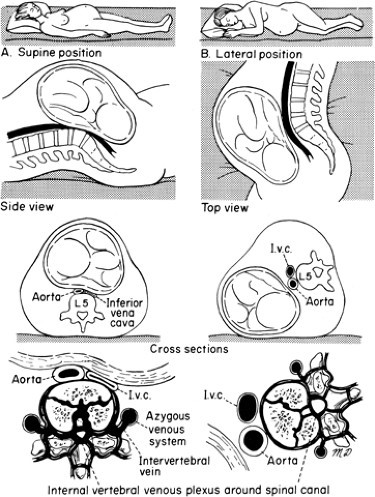A nurse working on a medical-surgical unit is notified about a mass casualty event that recently took place in the community. Which of the following assignments should the nurse anticipate?
Provide informational updates to members of the media.
Determine the acuity and number of casualties arriving at the facility.
Assist in discharging stable clients to home.
Delegate tasks to emergency health care specialists
The Correct Answer is B
Determine the acuity and number of casualties arriving at the facility
During a mass casualty event, the nurse working on a medical-surgical unit can anticipate being assigned the task of determining the acuity and number of casualties arriving at the healthcare facility. This involves assessing the severity of injuries and prioritizing care based on the level of urgency. The nurse will be responsible for triaging and assigning appropriate resources to each patient based on their condition.
Provide informational updates to members of the media. In (option A) is incorrect. While communication and coordination with the media may be necessary during a mass casualty event, this is typically handled by designated spokespersons or hospital administration. Nurses are primarily focused on providing direct patient care and managing the influx of patients.
Assist in discharging stable clients to home in (option C) is incorrect. During a mass casualty event, the focus is on providing care to the injured and managing the influx of casualties. Discharging stable clients to home would not be a priority task during such an event.
Delegate tasks to emergency healthcare specialists in (option D) is incorrect. Nurses may collaborate with emergency healthcare specialists during a mass casualty event, but they usually take on leadership roles in coordinating and providing direct care. Nurses are responsible for assigning tasks and coordinating the efforts of the healthcare team, including specialists, to ensure effective care delivery.
Nursing Test Bank
Naxlex Comprehensive Predictor Exams
Related Questions
Correct Answer is D
Explanation
Montelukast is a medication commonly used for the maintenance treatment of asthma. It is not used for immediate relief of wheezing or acute symptoms. Instead, it is taken on a scheduled basis to help control and prevent asthma symptoms over time. The recommended dosing regimen for montelukast in children is once daily in the evening.
The statement about giving the medication every 2 hours, if the child is wheezing, is incorrect, as this medication is not meant to be used for immediate relief of symptoms. It is a preventive medication.
The statement about it taking 2 months of scheduled use before the medication is effective is incorrect. While it may take some time for the medication to reach its full effect, improvement in symptoms can often be seen within a few days to weeks of starting treatment.
The statement about stopping the medication if the child is taking a steroid is incorrect. Montelukast can be used in conjunction with other asthma medications, including steroids, as prescribed by the healthcare provider. It is important to follow the prescribed treatment plan and not discontinue any medication without consulting the healthcare provider.
Correct Answer is B
Explanation
The client's symptoms of feeling dizzy, having a racing heart, and becoming pale while lying on their back are consistent with supine hypotension syndrome, also known as vena cava syndrome. This occurs when the weight of the uterus compresses the inferior vena cava, reducing blood flow and causing symptoms.
To address this issue, the nurse should Position the client on their left side. Lying on the left side helps relieve the pressure on the inferior vena cava and improves blood flow. This can alleviate the symptoms and prevent further complications.

Instructing the client to take a brisk walk is not appropriate in this situation, as it may exacerbate the symptoms by increasing heart rate and potentially causing further dizziness or fainting.
Checking the client's temperature is not necessary in relation to these symptoms, as they are not indicative of a fever or infection.
Providing the client with a glass of orange juice may be helpful in some situations, such as if the client is experiencing hypoglycemia. However, in this case, the symptoms are likely due to supine hypotension syndrome, and repositioning the client is the priority intervention.
Whether you are a student looking to ace your exams or a practicing nurse seeking to enhance your expertise , our nursing education contents will empower you with the confidence and competence to make a difference in the lives of patients and become a respected leader in the healthcare field.
Visit Naxlex, invest in your future and unlock endless possibilities with our unparalleled nursing education contents today
Report Wrong Answer on the Current Question
Do you disagree with the answer? If yes, what is your expected answer? Explain.
Kindly be descriptive with the issue you are facing.
